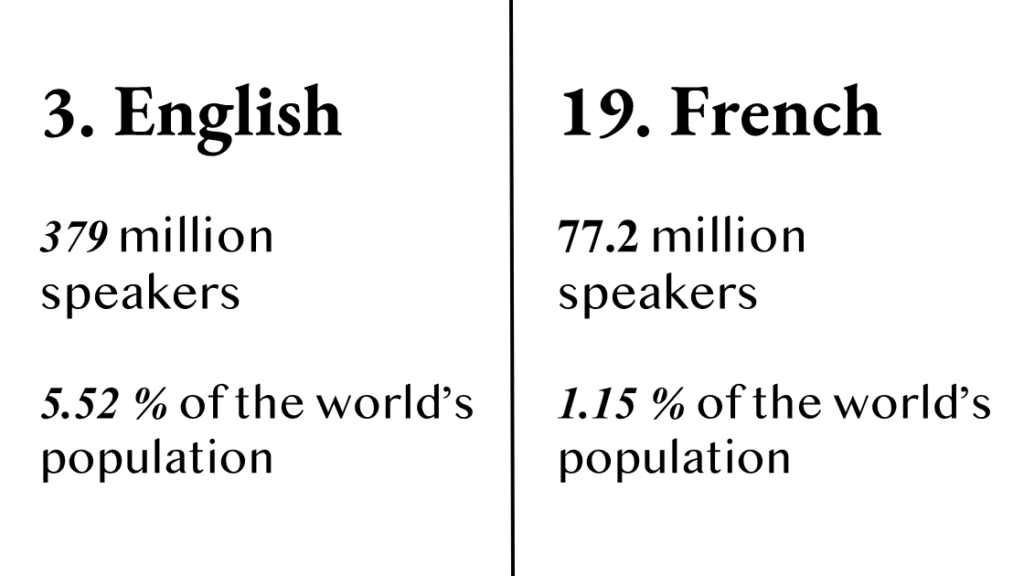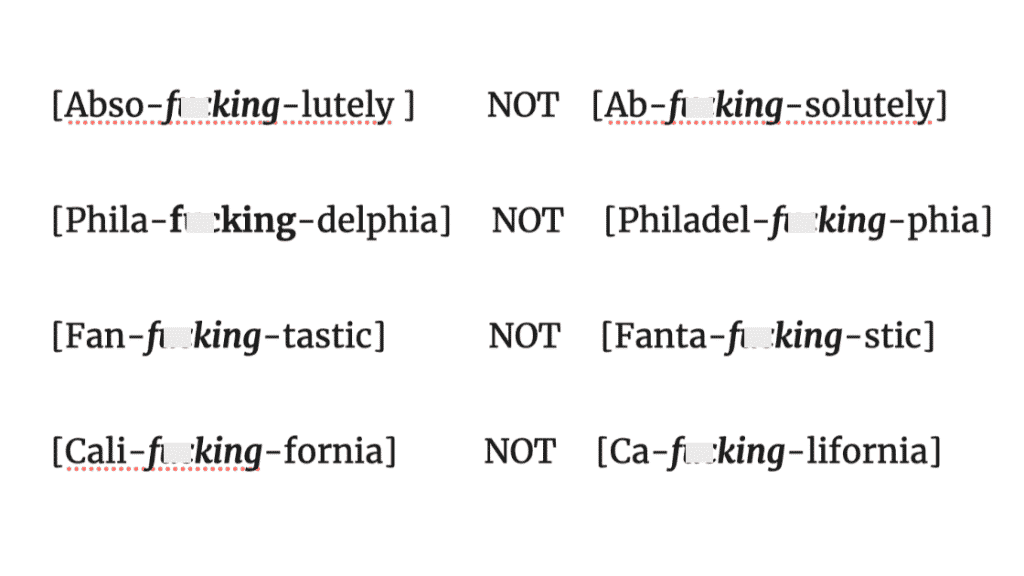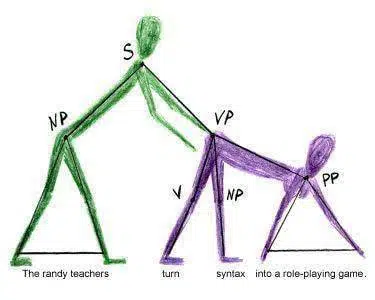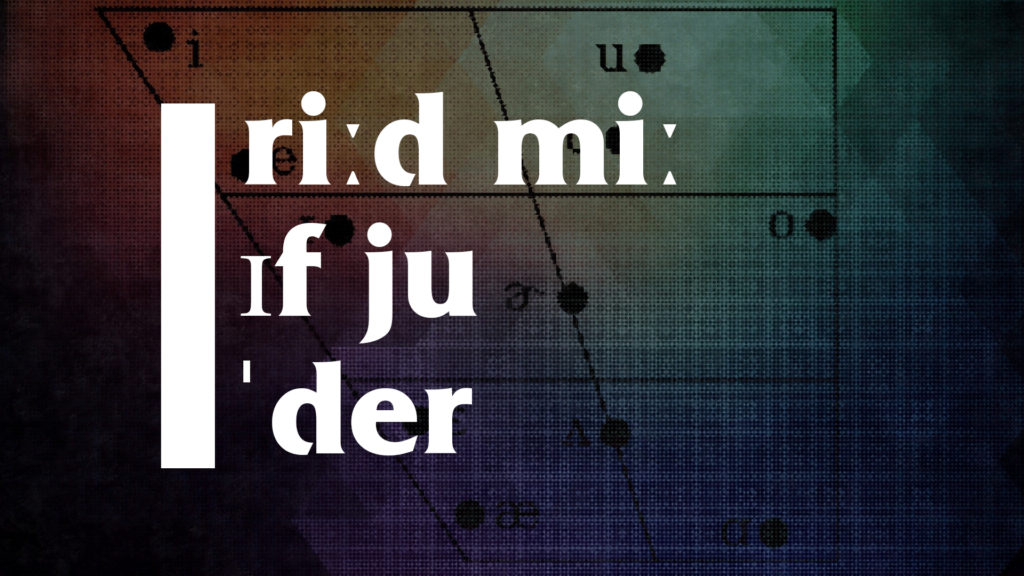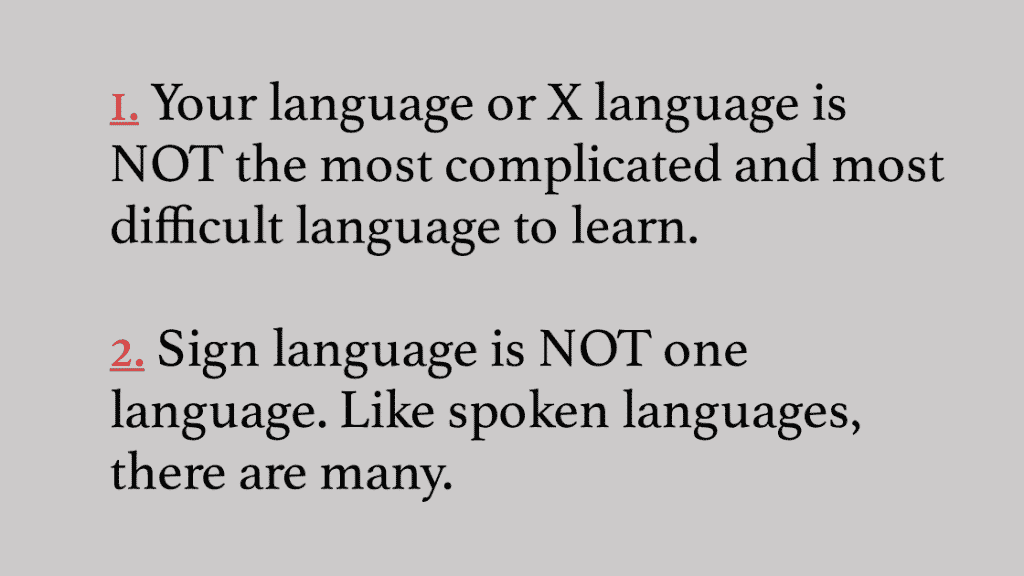The languages with more than 30 million native speakers.
There are approximately 7000 languages spoken in the world today, the majority of which are spoken by very tiny populations. About 60% of the world’s population, approximately 4 billion people, speak one of the few languages listed below. In fact, only 40 languages are spoken by more than 30 million native speakers. These most spoken languages are […]
The languages with more than 30 million native speakers. Read More »
